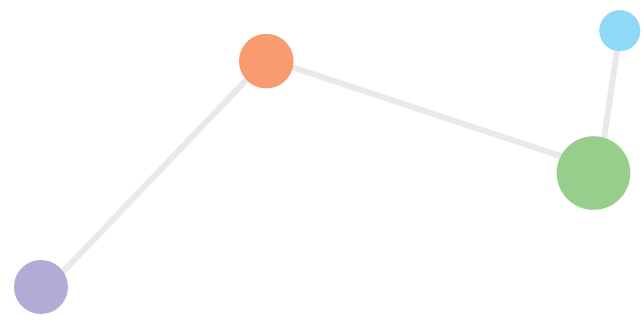Implementing Digital Health in your organisation
Implementing a My Health Record policy in your organisation
Digital Health Foundations Series 1 – Healthcare Identifiers and the HI service
Digital Health Foundations Series 2 – Accessing PRODA & HPOS
Digital Health Foundations Series 3 – Registering a Seed Organisation with the HI service
Sessions by specialty or area of practice
My Health Record for hospital clinicians
My Health Record supporting safety, quality and better care in Residential Aged Care Homes
Digital Health Series for Aboriginal Medical Service Staff
Session 1 – My Health Record for Health Workers
Session 2 – Setting access to your My Health Record
Session 3 – My Health Record overview documents for health workers
Lunch and Learn: Navigating Cyber Security and My Health Record Compliance

Main office
11 Seymour Street, Traralgon, Gunaikurnai Country
13 McBride Avenue, Wonthaggi, Bunurong Country
119 Main Street, Bairnsdale, Gunaikurnai Country
Gippsland PHN is committed to providing inclusive services and work environments where people of all backgrounds, sexualities, genders, cultures, spiritual beliefs, age, bodies and abilities are valued, supported and celebrated.
Gippsland PHN acknowledges the Aboriginal and/or Torres Strait Islander people/s as the traditional Custodians of Country across the Gippsland region.
We acknowledge the Aboriginal and/or Torres Strait Islander people/s continuing connection to Land, Water and Community.
We pay our respects to the Aboriginal and/or Torres Strait Islander People/s, Cultures, and their Elders past and present.
We also recognise, respect and affirm the central role played in our work by people with lived experience, their families and/or carers.
Gippsland PHN acknowledges Alfie Hudson for the healing circles artwork. Alfie is a Gunai Kurnai man and created this artwork which represents health professionals being committed to work in partnership with Aboriginal and Torres Strait Islander community members for the best health outcomes.
© 2023 Gippsland Primary Health Network. All Rights Reserved